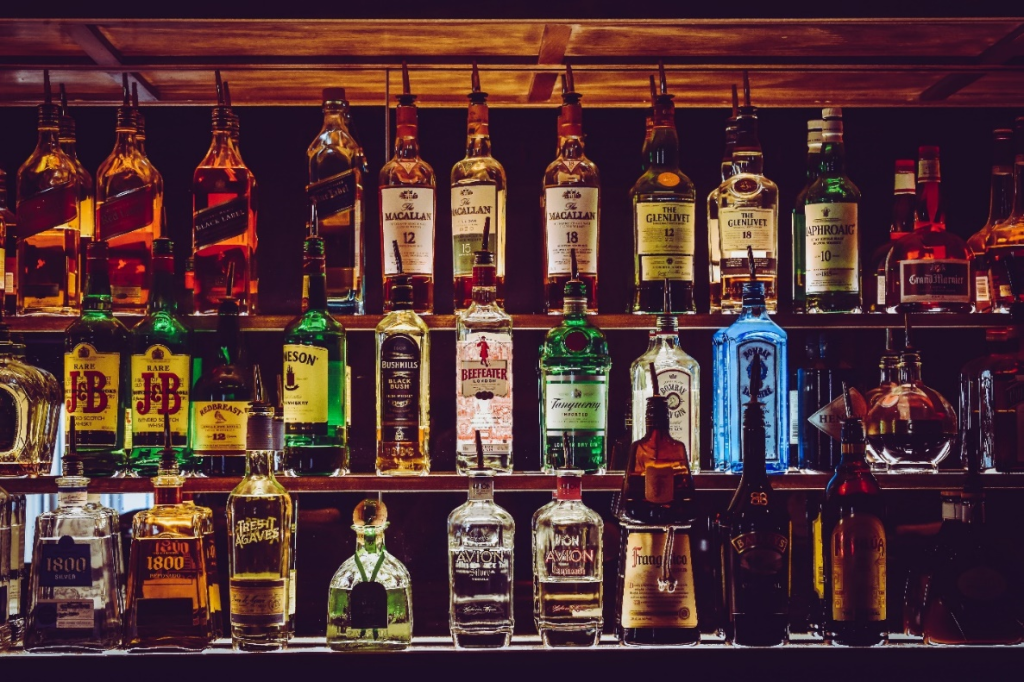
Alcoholism 101: Top Possible Treatments for Excessive Alcohol Use
Fighting with alcoholism can become far more difficult when your external environment has several triggers. If you’re already struggling with a drinking problem, chances are you will keep looking for reasons to enjoy a drink.
Once you’re addicted, it can become very difficult to wean yourself off it; however, it’s not impossible. We have put together a few possible alcoholism treatments that can benefit you long term.
Let’s begin!
What is alcohol addiction?
Alcohol addiction is an illness where people create a dependency on consuming too much alcohol and are unable to let it go. There are several factors that need to be considered when we talk about how alcoholism develops; however, the absolute reason is still unclear. Alcoholism can develop due to several socioeconomic, psychological, and behavioral components.
While considered a binging habit, alcoholism is an actual disease. Consuming too much alcohol can cause changes to a person’s mental and physical capabilities. People with addiction often suffer memory loss, blackouts, and several mood complications. People dependent on alcohol might not always be able to control their thinking, feelings, and reactions.
Drinking patterns and habits may differ greatly. However, if you’re someone who heavily depends on drinking and can’t manage staying away from a glass of wine, chances are you’re struggling with alcohol addiction.
Common Symptoms of Alcoholism

Unlike other forms of addiction, it’s not always easy to identify whether or not a person has alcohol addiction. Alcohol is a very common part of social gatherings, whether you meet up to celebrate something, or attend an official gathering, everyone around you will often have a drink in their hand.
However, if you’re unable to identify whether certain patterns are actually addictive or not, here are some symptoms that can help you figure it out:
- Drinking more than a healthy amount of alcohol at every chance.
- Not experiencing hangover symptoms despite a high consumption level.
- Drinking regardless of time and occasion.
- Only choosing to go to events, scenarios, or more when there’s alcohol present.
- Choosing a different set of friends, and coworkers to hang out with who also drink heavily.
- Losing touch with people who care about you.
- Depending heavily on alcohol for mood uplifting, curing depression and anxiety.
Health Complications Due to Alcoholism

Alcohol addiction can cause several health complications. Some of the main problems that occur to a person’s health due to alcoholism are to the liver and kidney. Other health impacts include the following:
- Stomach, mouth, and other ulcers.
- There maybe a few complications to diabetic patients.
- It may result in a lack of sexual drive.
- Excessive use of alcohol might also result in loss of bones.
- Alcohol addiction can also create ophthalmology complications.
- It may increase the risk of liver and stomach cancer.
Possible Treatments

Detoxification
People who have a severe drinking problem often opt for detoxification as a way to treat their addiction. It helps people overcome their urges, and reduce the amount of alcohol in their system. Detoxification can be a long process, and it can often take up to a number of weeks. Many people face a number of symptoms due to alcohol withdrawal, including:
- Severe tremors
- Severe or mild level hallucinations.
- Seizures.
- Intense cravings for alcohol, which may be masked as stomachaches and other physical ailments.
Detoxification can be very difficult. When a person goes through detoxification, they experience severe withdrawal symptoms that may often not be controlled on their own. This is why there are two major ways a person can detox their body:
Inpatient Detoxifications: Inpatient detoxification is when a person has to stay in a clinic, hospital or a detox center. With inpatient detoxification, you can get help at any hour.
Outpatient: Outpatient detoxification is when you visit your doctor during the day, and can easily go back to your own comfort arrangement without the risk of relapsing. This is a good option for people who have mild addiction.
Consult with Professionals
Alcoholism can cause several different physical, behavioral, and mental complications. These include a wide range of mood swings, stress, and other physical symptoms that come with alcoholism.
In such scenarios, when a person heads towards rehabilitation, they tend to experience severe withdrawal problems. These withdrawal symptoms could include extreme headaches, ulcers, and other symptoms.
In order to battle these symptoms with proper accuracy, it’s better if the addict visits a professional, such as a therapist, support groups, and more.
Medications
In severe alcohol addiction cases, therapists, doctors, and medical support staff might put the addict on medication. While medication may assist in reducing the use of alcohol it doesn’t entirely help remove the addiction. It can help lower the effects of alcoholism, and is one of the preferred treatment for severe addiction cases.
Find Support
There have been several books about fighting with alcoholism, and most of the literature will redirect you towards getting help from support groups. Attending AA would be the best way to help the recovery process for people who are uncomfortable with such settings can find solace in close friends or relatives.
You will need help sustaining a healthy life, in order to make the right dietary choices. Engaging in helpful activities such as yoga, exercise and more will also help lower withdrawal symptoms.
To experience a more personal account of alcoholism recovery, you can take a look at Luis Trivino’s new book, A Notebook of Love. The book centers around the author’s life, and his struggle with mental trauma, and other mental health problems. To learn more, get your copy of the book, today!
